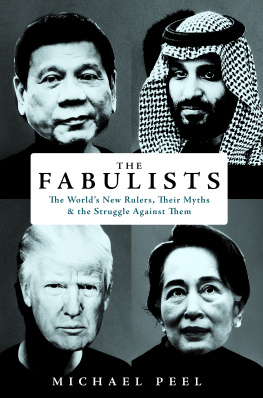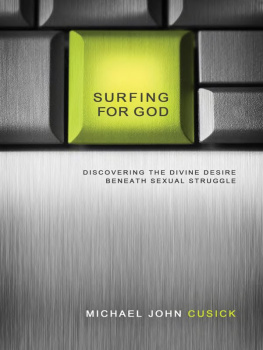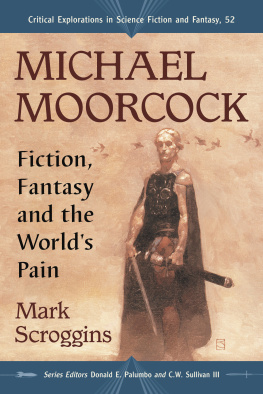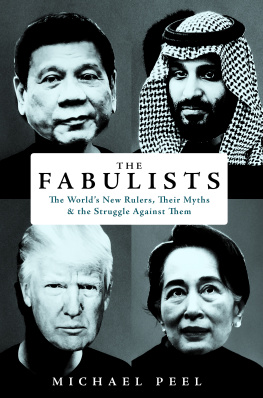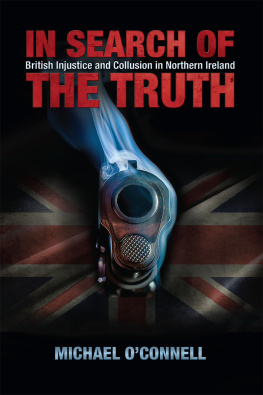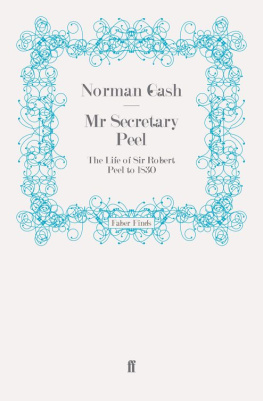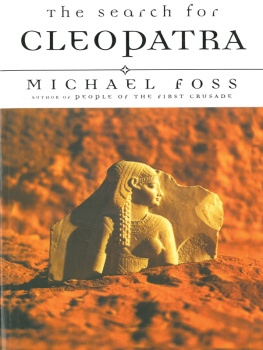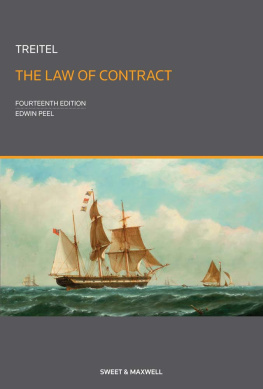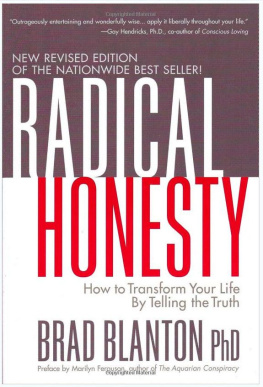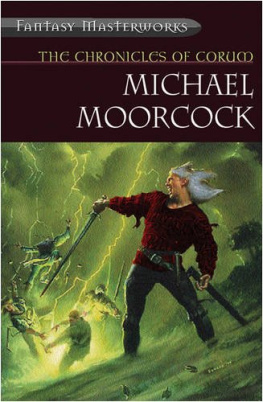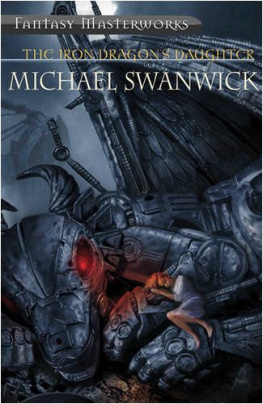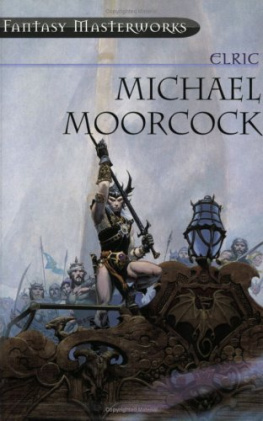Michael Peel - The Fabulists: In Search of Honesty in a World Built on Fantasy
Here you can read online Michael Peel - The Fabulists: In Search of Honesty in a World Built on Fantasy full text of the book (entire story) in english for free. Download pdf and epub, get meaning, cover and reviews about this ebook. genre: Politics. Description of the work, (preface) as well as reviews are available. Best literature library LitArk.com created for fans of good reading and offers a wide selection of genres:
Romance novel
Science fiction
Adventure
Detective
Science
History
Home and family
Prose
Art
Politics
Computer
Non-fiction
Religion
Business
Children
Humor
Choose a favorite category and find really read worthwhile books. Enjoy immersion in the world of imagination, feel the emotions of the characters or learn something new for yourself, make an fascinating discovery.
- Book:The Fabulists: In Search of Honesty in a World Built on Fantasy
- Author:
- Genre:
- Rating:5 / 5
- Favourites:Add to favourites
- Your mark:
- 100
- 1
- 2
- 3
- 4
- 5
The Fabulists: In Search of Honesty in a World Built on Fantasy: summary, description and annotation
We offer to read an annotation, description, summary or preface (depends on what the author of the book "The Fabulists: In Search of Honesty in a World Built on Fantasy" wrote himself). If you haven't found the necessary information about the book — write in the comments, we will try to find it.
Michael Peel: author's other books
Who wrote The Fabulists: In Search of Honesty in a World Built on Fantasy? Find out the surname, the name of the author of the book and a list of all author's works by series.
The Fabulists: In Search of Honesty in a World Built on Fantasy — read online for free the complete book (whole text) full work
Below is the text of the book, divided by pages. System saving the place of the last page read, allows you to conveniently read the book "The Fabulists: In Search of Honesty in a World Built on Fantasy" online for free, without having to search again every time where you left off. Put a bookmark, and you can go to the page where you finished reading at any time.
Font size:
Interval:
Bookmark:
Acknowledgements
I would like to thank the many people across numerous countries who gave me time and spoke about their lives for this book, particularly those who did so at some risk. I have been lucky indeed to meet and know you.
I am very grateful to the exemplary professionalism, generosity and good company of colleagues from more than twenty years of working with the Financial Times , in London and bureaux in Lagos, Abu Dhabi, Bangkok and Brussels.
I am grateful also to the Financial Times for permitting the use in this book of certain content from my previous FT articles. The FT has not seen, and does not endorse, the context in which such content has been published in the book.
The London Review of Books kindly gave permission to draw on material in chapter 6 that previously appeared in the LRB article Small America, published in August 2003.
I greatly appreciate those who read drafts of material in this book or gave other valuable help. They include Antonia Baum, Jacob Borg, Carmen Constantin, Abigail Fielding-Smith, Jonathan Head, Phakarat Ryn Jirenuwat, Barney Jopson, Andrew R.C. Marshall, Vivian Nereim, Thomas Penn, Grace Ramos and Tashny Sukumaran.
I am grateful in particular to my three deepest and most diligent readers, Samantha Lister and Robin and Mary Peel.
I profoundly appreciate the years of encouragement, savvy and excellent advice offered by my agent Will Francis at Janklow & Nesbit. I am also fortunate The Fabulists ended up in the skilful hands of editor Alex Christofi and the rest of the Oneworld Publications team, including Jonathan Bentley-Smith, David Inglesfield and Paul Nash.
Finally, I would like to thank all of those, most of all members of my family, who have borne the demands of this book with patience, generosity and an exceptional consideration.
All Brave Men And Women
I met Jamal Khashoggi late in 2011 in Riyadh, as the Saudi Arabian regime grappled with the fallout from the uprisings that had erupted across the Arab world. It was my first trip to the Saudi capital and Khashoggi was a go-to contact for foreign journalists because of his perceptive analysis and high-level contacts. Dressed dapperly in crisp white robes, he received me at his office. He had just been appointed managing director of Al-Arab News, a television channel founded by Prince Alwaleed bin Talal. Prince Alwaleed was one of those impeccable royal connections: he was a grandson of Ibn Saud, the kingdoms founder, and a prominent investor in Western companies including Twitter, News Corp and the Four Seasons hotel chain.
The impact of the regional tumult dominated our conversation. Leaders in Tunisia, Egypt and Libya, who had ruled for almost a century between them, had been toppled during the previous twelve months. Authorities had cracked down on sporadic protests, but there had been no nationwide revolt. Khashoggi, a soft-spoken insider-outsider who was hard to pigeonhole politically, still saw the Arab Springs fallout as profoundly significant for the Saudi kingdom. He observed strikingly that the Arab world had never been as close as it is today.
Although Saudis do not themselves see a reason to go on the streets like Libyans and Syrians and Egyptians, I am sure the Arab Spring will have a major effect, he said carefully.
His modest hints at the need for reform in his homeland proved to be grim foreshadowing. Khashoggis murder in late 2018 after he had fallen out with the new regime in Riyadh resonated as a signature act of violence in a lawless world. It exposed the fate that autocrats could deal even their highest-profile critics and it highlighted the limited consequences if the perpetrator led an influential country in the orbit of other powerful states.
Al-Arab news had not lasted long. It was shut down almost as soon as it finally started broadcasting in 2015, the victim of official political hypersensitivity. But Khashoggis journalism became more and more well known internationally, particularly after the death of King Abdullah in January 2015 triggered a change in the dynastic order in Riyadh. After Mohammed bin Salman was appointed Crown Prince in 2017 at the age of thirty-one, Khashoggi questioned his supposedly progressive credentials with increasing urgency in columns for the Washington Post that now serve as a vindication of his views and his public epitaph.
In May 2018, Khashoggi warned that Saudi Arabias reformers faced a terrible choice after the arrests of campaigners for greater personal freedoms, such as allowing women to drive. Saudis were expected to vigorously applaud social reforms and heap praise on the crown prince while being asked to abandon any hope of political freedom, he charged.
Is there no other way for us? asked the columnist, who by now had left the kingdom, saying the government had silenced him. Must we choose between movie theatres and our rights as citizens to speak out, whether in support of or critical of our governments actions?
Less than six months later, Khashoggi was dead. He was murdered in October 2018 during a visit to the Saudi consulate in Istanbul to obtain papers for his forthcoming marriage. His fiance Hatice Cengiz waited in vain outside the compound for him to return. When he did not, she raised the alarm.
Turkish authorities immediately said Khashoggi had been killed and later indicated that they had an audio recording of the slaying. Saudi Arabian officials initially said he had left the consulate alive, but kept changing their story. The government then said he had died in a fight, before finally admitting he had been murdered. In November 2018, Saudi prosecutors charged eleven people over what they said was an operation ordered by Ahmed al-Assiri, a former deputy intelligence chief, to force Khashoggi to go back to Saudi Arabia. When the team concluded this would be impossible, they tied Khashoggi up and killed him with a lethal dose of sedative, then dismembered his body and handed the parts on to a local accomplice, the prosecutors alleged.
The case dealt a catastrophic blow to the image of Mohammed bin Salman (often know as MbS). Saudi authorities denied he had approved the hit, but many analysts were sceptical that an assassination of a figure such as Khashoggi did not have approval from the highest levels. On 16 November, the Washington Post reported that the CIA had concluded with high confidence that the Crown Prince had ordered the killing.
President Donald Trump denied the CIA conclusion. Instead he issued an extraordinary letter in which he stressed the importance of the USSaudi relationship and said the full facts of Khashoggis murder might never be known. It could very well be that the Crown Prince had knowledge of this tragic event maybe he did and maybe he didnt! Trump wrote.
Trumps crudeness and the mockery it attracted hid a deeper truth. His charitable take on MbS was unexceptional in foreign policy circles before Khashoggis death. As the murder triggered a torrent of criticism branding the Crown Prince reckless and dangerous, it was easy to forget how many Western officials and commentators had previously lauded him. He was feted as the dynamic and liberalising young force the country needed to kick-start changes that had begun modestly under the late King Abdullah but had stalled and sputtered as the Arab Spring raged. In a New York Times column in November 2017, Thomas L. Friedman hailed an Arab Spring, Saudi style delivered by a young leader who is driving religious and economic reform, who talks the language of high tech, and whose biggest sin may be that he wants to go too fast.
Perfect is not on the menu here, Friedman wrote. Someone had to do this job wrench Saudi Arabia into the 21st century and MbS stepped up. I, for one, am rooting for him to succeed in his reform efforts.
Friedmans praise for the young Crown Prince reflected a wider Western weakness for the authoritarian style when used for aims it liked. President Barack Obama showed signs of the same impulse before MbS rose to power, according to an authoritative 2016 piece on his foreign policy doctrine. Weary of various Middle East conflicts, he reportedly joked privately: All I need in the Middle East is a few smart autocrats.
Next pageFont size:
Interval:
Bookmark:
Similar books «The Fabulists: In Search of Honesty in a World Built on Fantasy»
Look at similar books to The Fabulists: In Search of Honesty in a World Built on Fantasy. We have selected literature similar in name and meaning in the hope of providing readers with more options to find new, interesting, not yet read works.
Discussion, reviews of the book The Fabulists: In Search of Honesty in a World Built on Fantasy and just readers' own opinions. Leave your comments, write what you think about the work, its meaning or the main characters. Specify what exactly you liked and what you didn't like, and why you think so.

